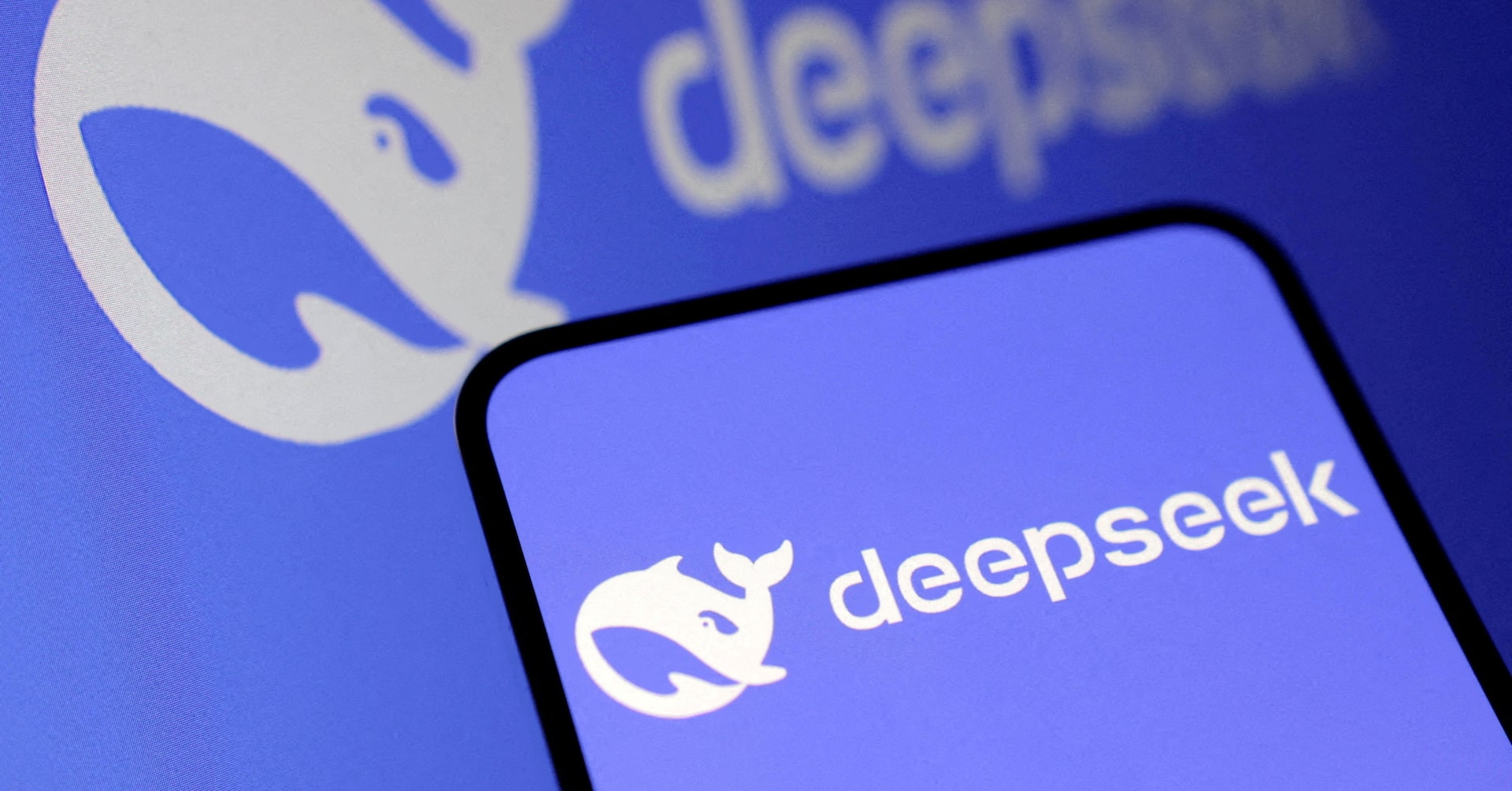BEIJING, March 1 (Reuters) – Chinese AI startup DeepSeek disclosed cost and revenue data tied to its V3 and R1 models, claiming a theoretical daily cost-profit ratio of up to 545%. However, the company cautioned that actual revenue would be significantly lower. This marks the first time the Hangzhou-based firm has shared insights into its profit margins from “inference” tasks, which involve trained AI models performing tasks like predictions or chatbot interactions.
The announcement could further impact AI stocks outside China, which dropped in January after chatbots powered by DeepSeek’s R1 and V3 models gained global popularity. The sell-off was partly fueled by DeepSeek’s claim that it spent less than $6 million on chips for model training, far less than U.S. rivals like OpenAI. Additionally, the Nvidia H800 chips used by DeepSeek are less powerful than those available to U.S. AI firms, raising investor concerns about the billions pledged by U.S. companies for cutting-edge chips.
In a GitHub post, DeepSeek stated that assuming an hourly rental cost of $2 per H800 chip, the daily inference cost for its V3 and R1 models totals $87,072. The theoretical daily revenue from these models is $562,027, resulting in a cost-profit ratio of 545%. Annually, this would amount to just over $200 million in revenue. However, the company noted that actual revenue is much lower due to factors such as lower usage costs for the V3 model, free web and app access for some services, and discounted developer rates during off-peak hours.
— news from Reuters
